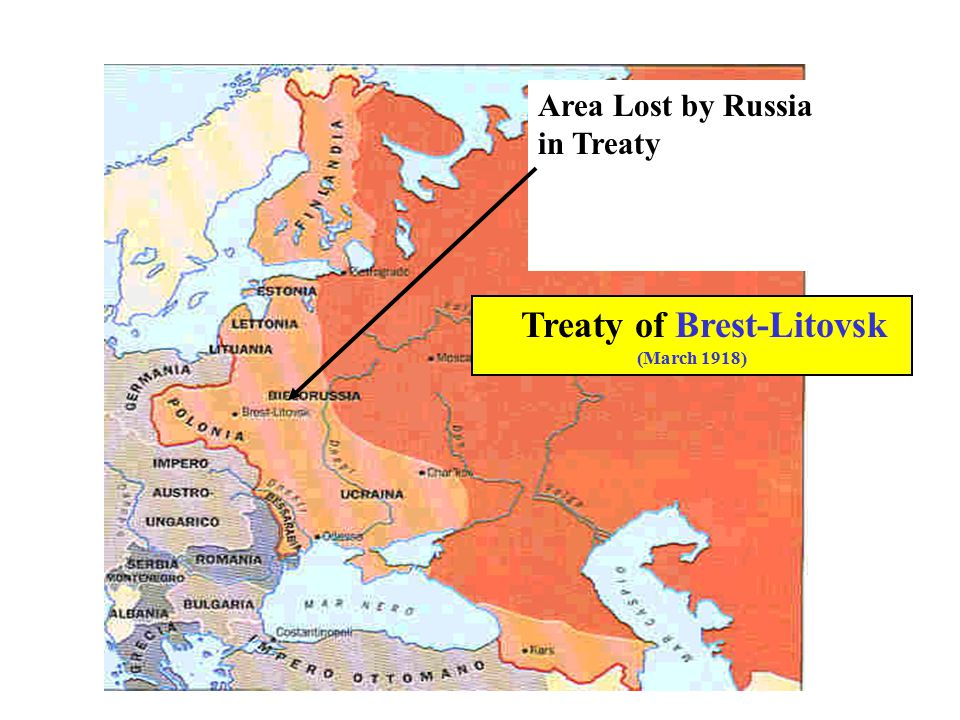W.J. Astore
In my village, there’s a memorial to the men who served in “the war with Germany,” 1917-18, which we now call World War I. Here’s a photo of it that I took a few days ago:

It includes the names of some of the oldest and most prominent families of my community, which is not surprising. World War I did witness a draft in America, but there was also a sense of noblesse oblige among the more affluent, a sense that one was required to serve if one was healthy.
I’ve often wondered what would have happened if Woodrow Wilson, reelected as president in 1916, actually had acted to keep America out of the war, as he promised he would. The “Yanks and the tanks” helped to tip the scales against Imperial Germany on the Western Front in the spring of 1918. Without the presence of U.S. doughboys (troops), and more importantly the promise of more to come, it’s possible the French and British may have been defeated by the great German offensive, or at the very least may have decided to sue for peace. But of course the German offensive ran its course and stalled, and the Allied counteroffensive (supported by a million or so fresh Yanks) wore down the Germans until they sued for peace, with the war finally ending on November 11, 1918.
It’s tempting to think that a German victory or quasi-victory in 1918 or 1919 would have prevented the rise of someone like Adolf Hitler. Hitler himself was devastated by Germany’s loss in 1918, as so many Germans were, and that loss combined with the seductive lie that Germany had been “stabbed in the back” by traitorous elements on the homefront created the climate in which a rabble-rouser like Hitler could rise and thrive. And surely the Second Reich under Kaiser Wilhelm and officers like Paul von Hindenburg and Erich Ludendorff was preferable to the Third Reich under Hitler and his henchmen?
I’m not so sure. Germany’s Second Reich achieved something in 1917 the Third Reich couldn’t in 1941: the defeat of Russia. (The injection of Lenin into Russia as a poison pill of sorts contributed to the Russian Revolution and the death of the Tsar.) But that same Second Reich imposed the harshest of peaces on a destabilized Russia. Known as the Treaty of Brest-Litovsk, the Germans took huge swaths of territory from Russia, most of its industrial resources, and much of its agricultural base as well. Basically, men like Ludendorff saw the Slavic peoples as inferior and pictured them as Germany’s slaves. Russia’s western lands were to become living space for the superior Germanic peoples. In short, Lebensraum (living space) wasn’t just Hitler’s idea: it was an ambition shared by many German militarists. Let’s recall as well the name of the general who marched beside Hitler in the infamous Beer Hall Putsch of 1923. That general: Ludendorff.

A German victory in 1918 or 1919 would have produced a hell of sorts for the Slavic peoples to the east. Perhaps not a Hitlerian Holocaust (virulent and murderous anti-Semitism was peculiar to Hitler and the Third Reich), but nevertheless an empire characterized by an expansionist militarism that saw dispossession and slavery as perfectly legitimate options for the future. In sum, the Germans of early 1918 were ruthless in victory, so when Germany ultimately lost later that year, the Allies reciprocated with ruthlessness of their own in 1919.
German militarism had to be stopped, or so the men with names on the monument in my village appear to have decided. The shame of it all is how World War I led, not to eternal peace as Wilson promised, but to World War II and to so many wars and conflicts after that.
Memorial Day reminds us of the price troops pay for seemingly endless wars, and that even when wars appear to be for good, even noble, causes, how often those causes are betrayed whether during or after those wars.


